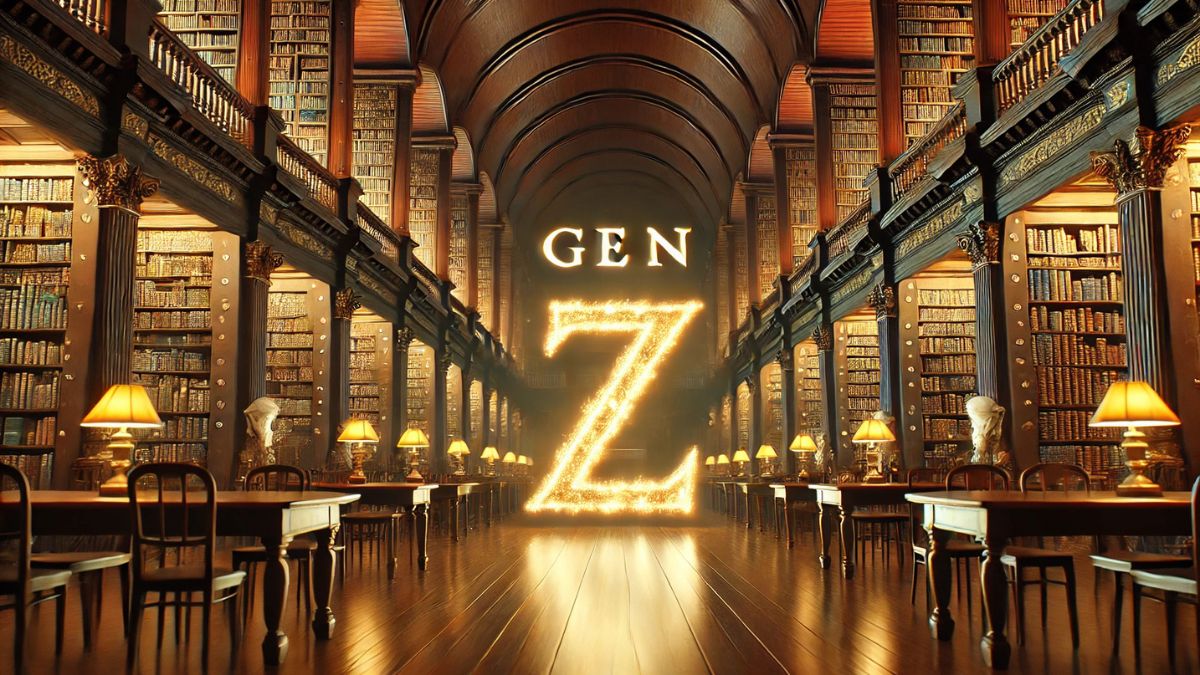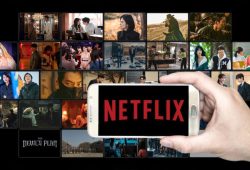
For previous generations, going to college was the clear path to a better life: better job, better salary, better future. But for Generation Z in the United States, this aspiration is not so clear. The Statista report “Generation Z in the United States” reveals a deep generational divide regarding the value of higher education: 49% of adult Gen Zers believe college is a good investment, while the other 49% think it’s a gamble that might not be worth it.
This dilemma, more emotional than statistical, reflects a crisis of expectations in a context where educational costs are soaring and entry-level wages fail to keep up.
READ ALSO. Target marketing. Generation Z in Mexico: How they consume, think, and live
💰 Student debt, the major source of doubt
One of the most recurring reasons Generation Z questions the value of a college degree is student debt. 27% of respondents said that if they could go back, they would have worked more during college, and 26% said they would have applied for more scholarships. Others would have chosen different majors or more affordable institutions.
Moreover, the financial impact of this debt is tangible:
- 28% postponed buying or leasing a car.
- 26% delayed saving for retirement.
- 25% halted plans to buy a home due to the burden of college financing.
READ ALSO. Goodbye Google? This is how Gen Z gets informed
🧠 Young people seeking purpose, not just degrees
Far from seeing college as a mere tool for economic mobility, Gen Z also values personal and emotional development. For them, doing something they’re passionate about (73%) and achieving work-life balance (78%) are more important than just earning a college degree.
Even so, 65% of K-12 Gen Z students surveyed in 2024 say they aspire to earn a college degree, showing that the idea of college still holds value—albeit with more critical nuances.
📉 A gap between expectations and reality
The report also shows that the average expected salary for 2023 graduates was $66,467, lower than the previous year’s $70,005. This decrease suggests that even students betting on college are adjusting their expectations to today’s economic context.
On the other hand, only 30% of employed Gen Zers said they were very satisfied with how well their education prepared them for the workforce. 34% said they were somewhat satisfied, indicating a perceived disconnect between academia and professional reality.
📊 Investment or gamble? Depends who you ask
The ambivalence is even more evident when segmented by demographics. Among teens aged 13 to 17:
- 56% believe college is a good investment.
- 43% see it as an uncertain bet.
However, perceptions vary:
- Democratic Gen Zers are the most supportive of the idea that college is worthwhile (65%).
- White youths are the most skeptical, with the highest proportion believing it does not guarantee results.
What does this mean for universities and employers?
Generation Z is redrawing the idea of professional and educational success. While many still view college as a useful step, the loss of confidence in its profitability and effectiveness is clear. This mistrust doesn’t necessarily mean total rejection, but rather a demand for higher returns, more hybrid options, practical training, and a realistic approach.
For educational institutions, this is a wake-up call to reconnect with the real priorities of young people. For employers, it’s an opportunity to understand that degrees matter less than skills, well-being, and purpose.










